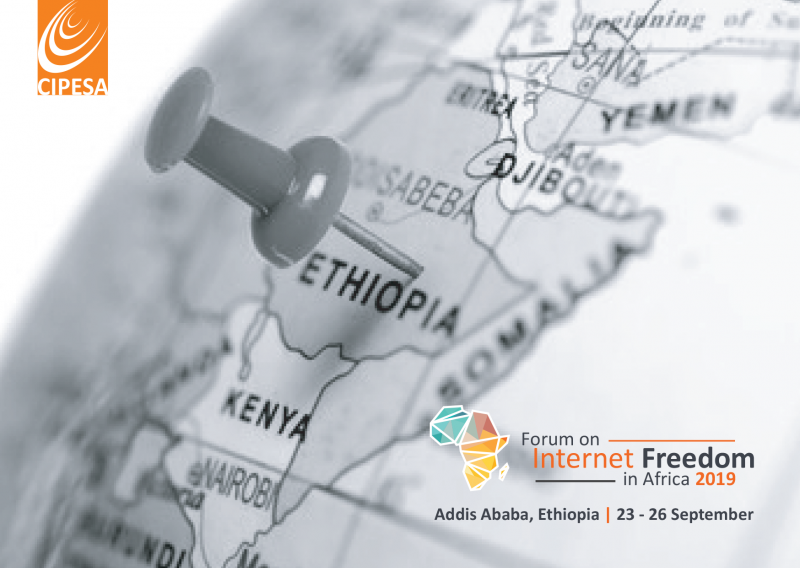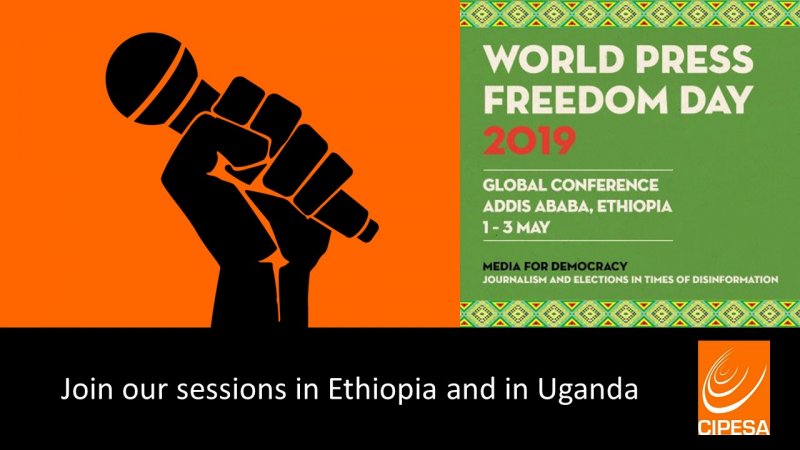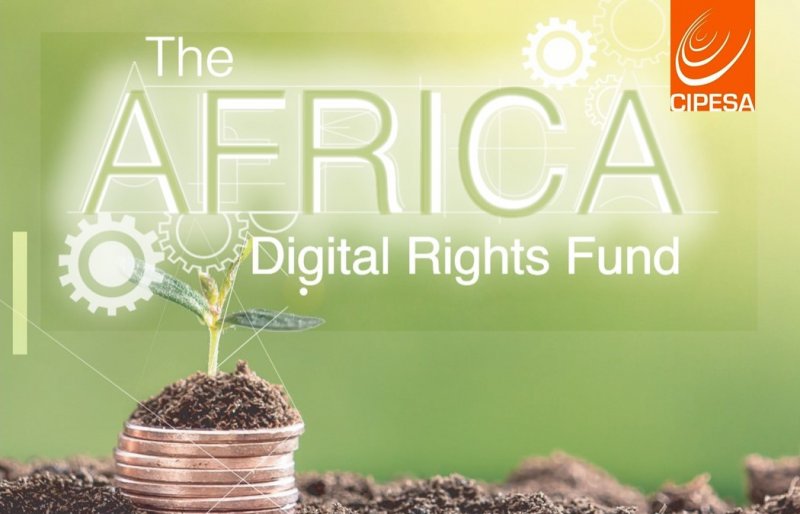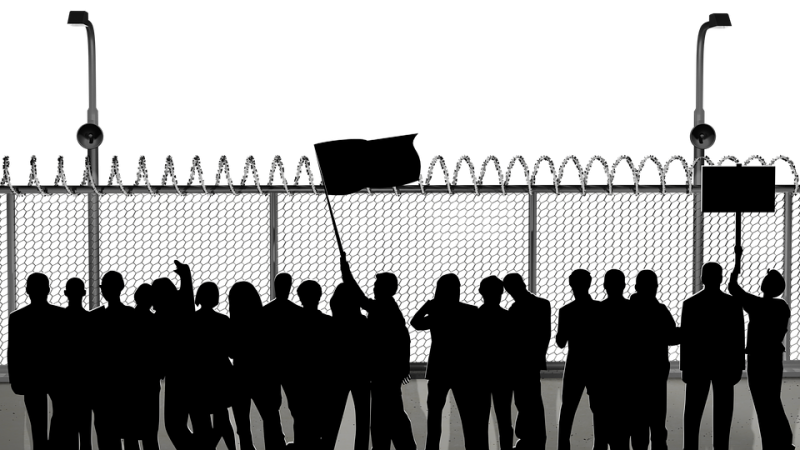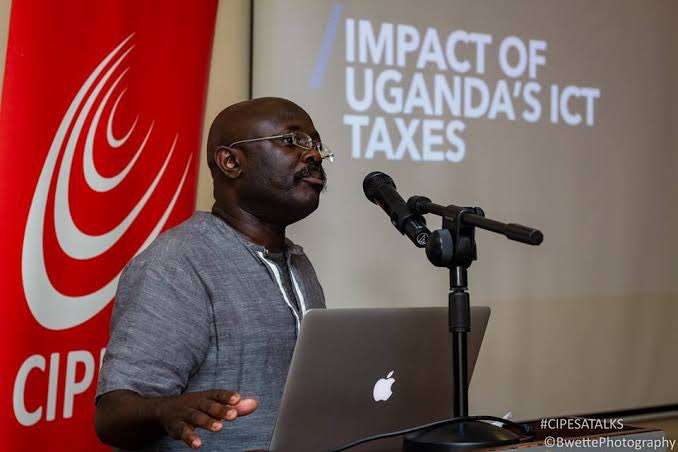Announcement |
On September 23-26, 2019 the Collaboration on International ICT Policy for East and Southern Africa (CIPESA) will host the sixth Forum on Internet Freedom in Africa (FIFAfrica). This landmark event convenes a spectrum of stakeholders from across the internet governance and online rights arenas in Africa and beyond to deliberate on gaps, concerns and opportunities for advancing privacy, free expression, non-discrimination and the free flow of information online.
This year, FIFAfrica will take place in Addis Ababa, Ethiopia, where since April 2018 the new Ethiopian government has undertaken unprecedented political and economic reforms. These have included release from jail of thousands of prisoners, announcing plans to liberalise the telecom, aviation, and transportation sectors, and dropping charges against many opposition leaders, bloggers, and activists. On the internet freedom front, the new administration has restored mobile and broadband internet services that had been disrupted since 2016, and unblocked 246 websites, blogs, and news sites that had been inaccessible for over a decade. These pivotal developments serve as an avenue to advance more progressive efforts on internet governance and promotion of human rights online, not only in the country that hosts the African Union (AU) but on the continent at large.
Hosting FIFAfrica in Addis Ababa is also in keeping the stride of expanding the conversation, as well as knowledge and skills development to different parts of the continent. In its inaugural years, the Forum took place in Kampala, Uganda. Since then, FIFAfrica’s expanding footprint has seen it being hosted in Johannesburg, South Africa in partnership with the Association for Progressive Communications (APC) in 2017 and in Accra, Ghana in partnership with the Media Foundation West Africa (MFWA) in 2018.
The Forum responds to rising challenges to the enjoyment of internet freedom in various countries, including arrests and intimidation of online users, internet disruptions, and a proliferation of laws and regulations that undermine the potential of digital technology to drive socio-economic and political development on the continent. FIFAfrica therefore puts internet freedom on the agenda of key actors including African policy makers, regulators, human rights defenders, law enforcement representatives, and the media, paving the way for broader work on advancing online rights in Africa and promoting the multi-stakeholder model of internet governance.
Registration and call for session proposals will open later this month. For the latest on the Forum, follow @cipesaug. The event hashtags are #FIFAfrica19 and #InternetFreedomAfrica.

